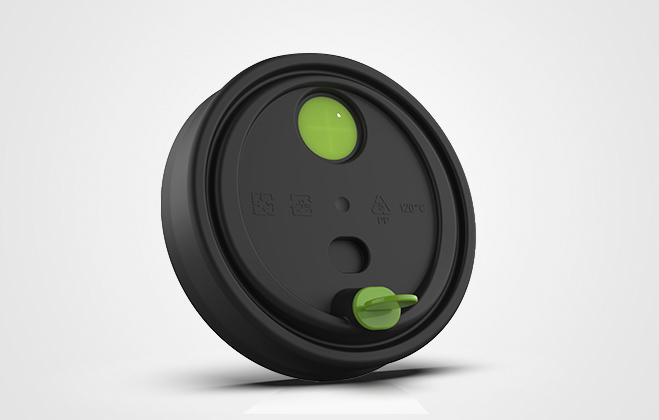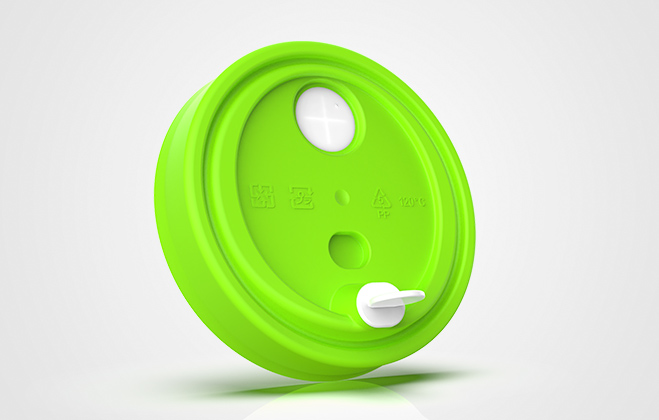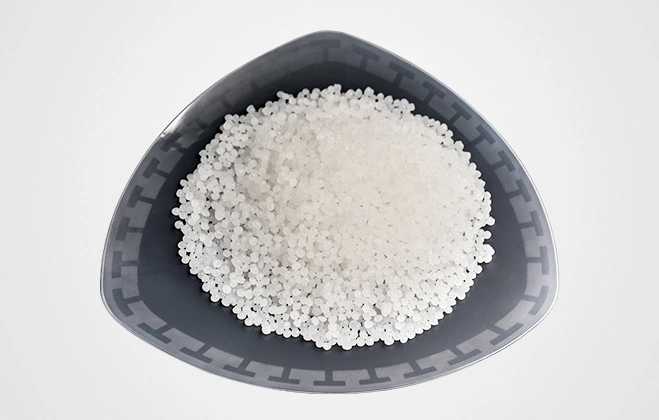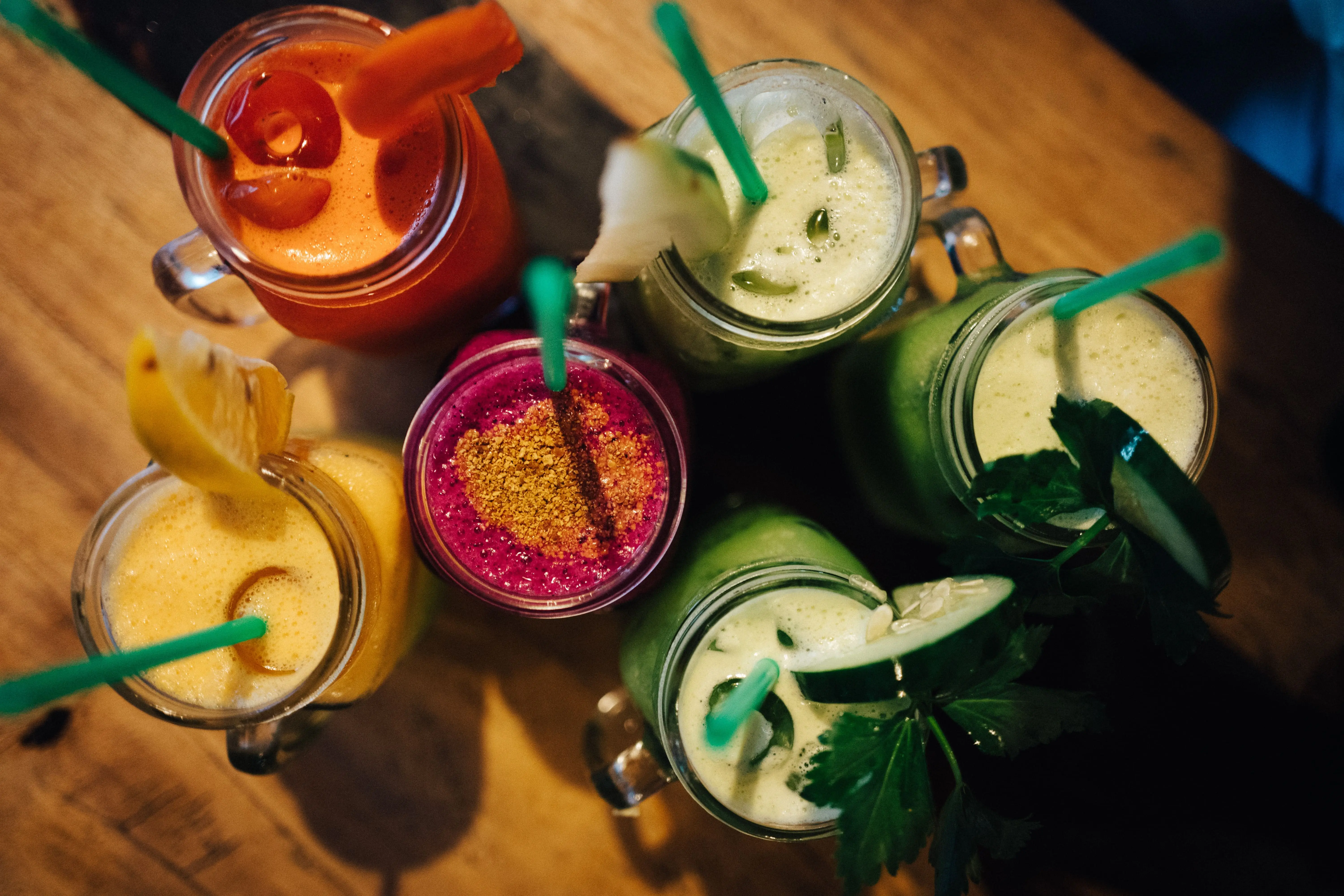Since entering the 21st century, with the depletion of global petrochemical resources and the strengthening of environmental awareness in the consumer goods market, naturally derived high-performance polymers with sustainable development characteristics have become increasingly important. Many raw materials are undergoing a transition from chemical-based materials to naturally extracted materials. The fashion industry, which accounts for 10% of total human carbon emissions, is second only to the petrochemical industry in terms of its environmental impact. When environmental issues become a focus of society, sustainable fashion will also become a new trend. The emergence of new materials, such as bio-based materials, is gradually replacing petroleum-based polymers and becoming the darling of major fashion brands.
Bio-based materials, due to their characteristics of being green, environmentally friendly, and resource-saving, have seen increasing market demand year by year and are gradually moving towards industrial-scale practical applications and industrialization.
According to the U.S. "Biotechnology Roadmap," by 2030, bio-based chemicals will replace 25% of organic chemicals and 20% of petroleum fuels.
According to the EU's "Industrial Biotechnology Vision Plan," by 2030, bio-based raw materials will replace 6%-12% of chemical raw materials and 30%-60% of fine chemicals will be bio-based.
According to China's "14th Five-Year Plan for Bioeconomic Development," it clearly states that "bioenergy will develop steadily, bio-based materials will replace traditional chemical raw materials, and bioprocessing will replace traditional chemical processes," and it is included in the development goals of China's biotechnology and bio-industry during the 14th Five-Year Plan period.
Thanks to technological progress and policy support, bio-based materials are constantly advancing towards high-quality sustainable development. According to the Organization for Economic Cooperation and Development (OECD) forecast, in the next decade, at least 20% (approximately $800 billion) of petrochemical products can be replaced by bio-based products, while the current substitution rate is less than 5%, leaving a gap of nearly $600 billion. By 2030, the global share of bio-based chemical products is expected to reach 35%, and the bio-based materials industry will usher in significant development opportunities with broad growth potential.
"Sustainable fashion" has become a trend, making bio-based materials the high ground that major fashion brands are eager to pursue. China has taken the lead in sustainable fashion. In 2020, on World Environment Day, Xtep, a Chinese sportswear brand, launched a milestone PLA (polylactic acid) windbreaker and has continued to delve into the field of eco-friendly fashion. Following that, underwear brand JNBY introduced "carbon-neutral underwear" made from bio-based fabrics, and an increasing number of domestic fashion companies have started to cooperate with bio-based materials companies.
Some domestic and international brands have already taken the first step:
Lululemon invested in sustainable materials producer Genomatica and collaborated to launch the first T-shirt made from plant-based nylon.
Nike introduced the new Nike Forward collection, which is composed of 70% recycled materials and reduces carbon emissions by 75%.
ZARA launched the capsule collection made from Circulose, which is made from 100% textile waste and is biodegradable.
Pangaia launched a plant-based activewear collection, where Activewear 3.0 products are made from 99.99% plant-based EVO® nylon and 30% plant-based creora® elastane fibers.
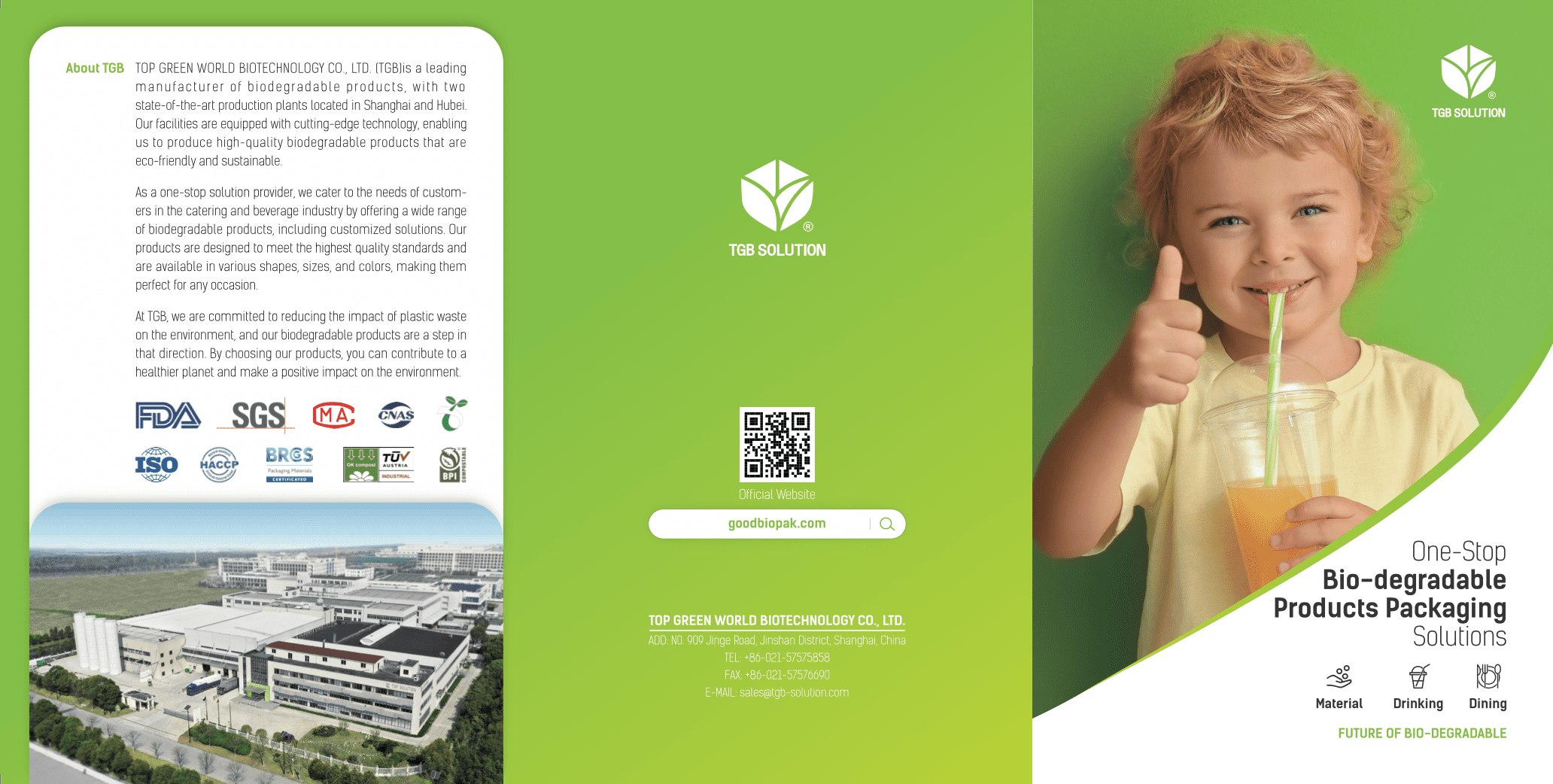
 English
English 日本語
日本語 한국어
한국어 français
français Deutsch
Deutsch Español
Español русский
русский português
português العربية
العربية ไทย
ไทย Malay
Malay















